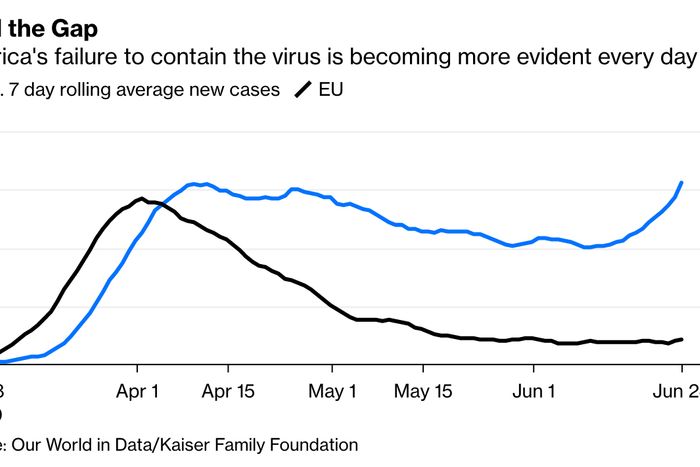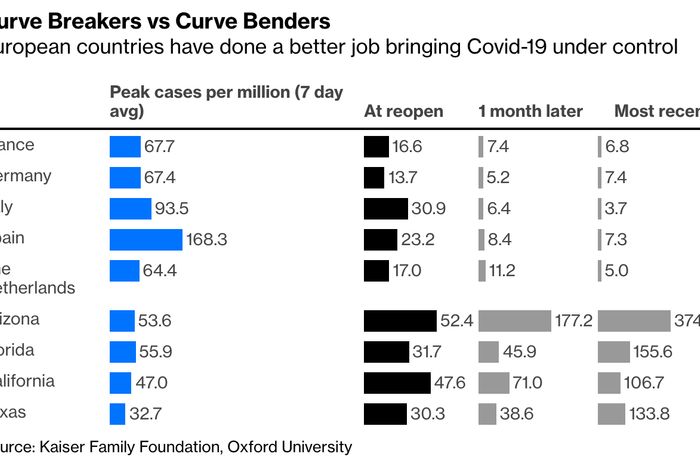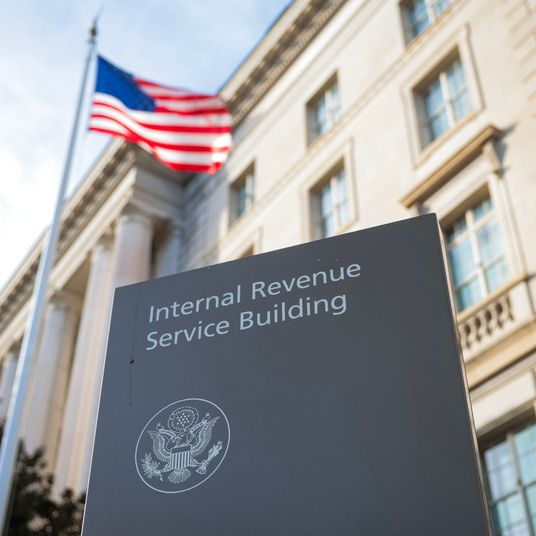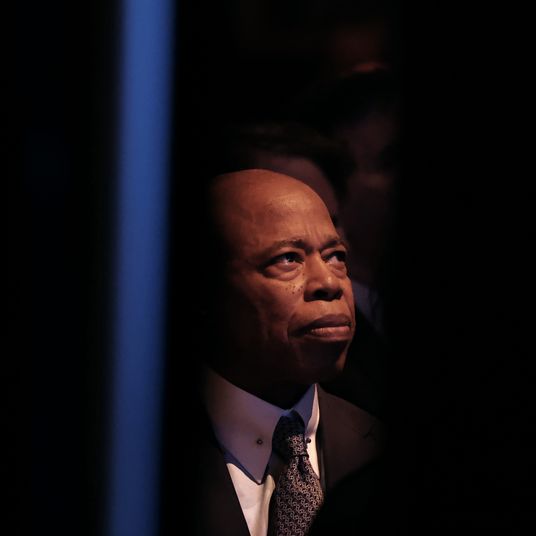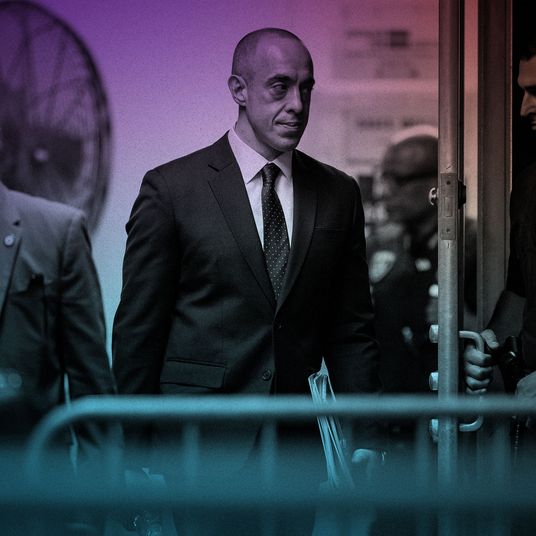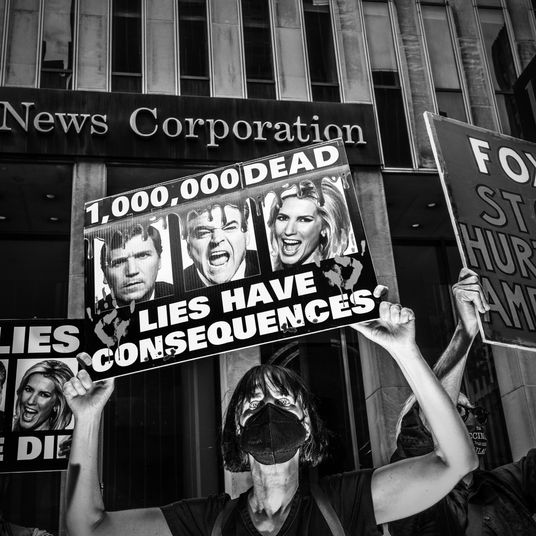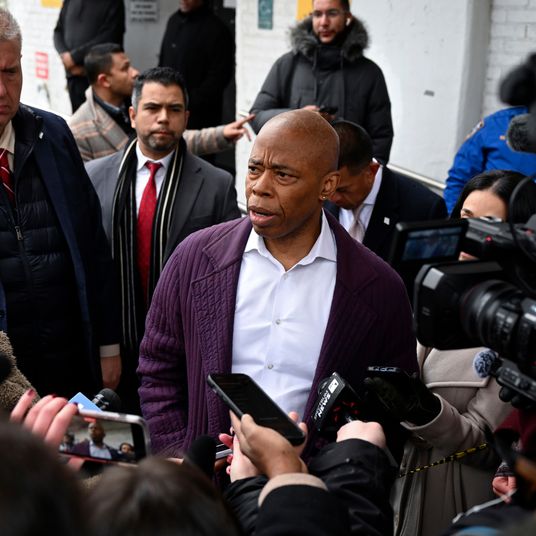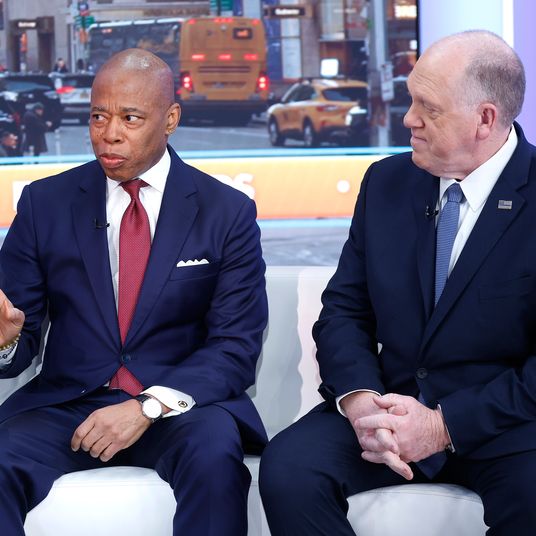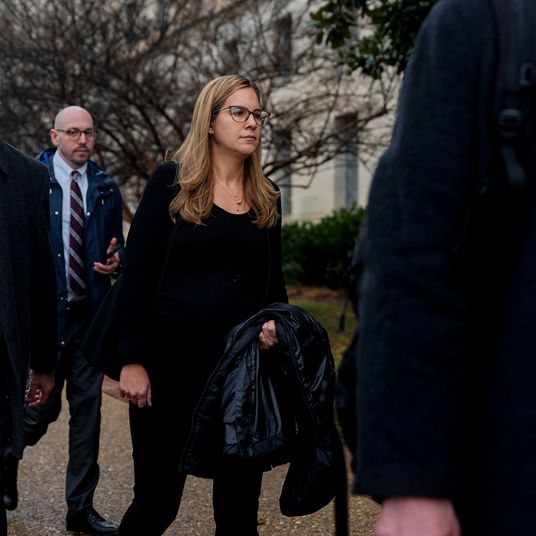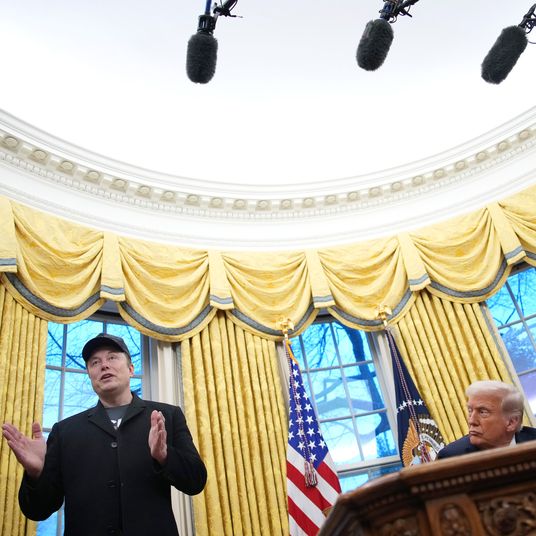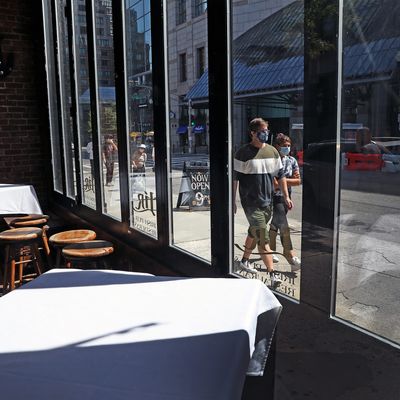
Americans value public inebriation more than public education — and believe that kindergarteners are better equipped to adjust to virtual learning than college freshmen. Or so, many state and local reopening policies would suggest.
In Washington, D.C., you can eat and drink your fill at an indoor restaurant. But your grade-school children still have to learn their arithmetic by video conference. In Ann Arbor, Michigan, universities reconvened in-person classes before many elementary schools did. Which is the new abnormal in the U.S.: As of last month, a majority of the nation’s 20 largest school districts were planning to reopen solely online this fall, even as a mere 4 percent of the nation’s colleges made the same commitment.
These priorities are, of course, insane. Suspending in-person learning for young children can have profound and durable costs on their intellectual and social development. Many of America’s kids rely on public schools not only for instruction, but also nutrition, mentorship, and company. A second grader from a working-class family whose mother works multiple jobs to keep him housed may lack the technology necessary for Zoom learning, and/or, any means of avoiding complete social isolation when school is out of session. Already, school closure–induced loneliness and stress are taking a toll on young Americans’ mental health. Even relatively privileged children are struggling.
Few Americans would tell you that they believe it is more important to reopen indoor dining or the neighborhood pub than to avoid traumatizing a generation of little kids. But restaurants, bars, and universities that bring upper-middle-class children to college towns all generate taxable revenue. And public schools don’t. Thus, as the weather cools and low-risk outdoor leisure activities become less appealing, states and cities across the country are moving to reopen high-risk, non-essential businesses — both to save those businesses from falling into bankruptcy en masse, and to replenish their own depleted treasuries. As NBC News reports:
Many public health experts have called for continuing restrictions on bars, indoor dining, gyms, theaters and other enclosed spaces — either by closing them or by sharply limiting attendance — to further curb the rate of infection and to prioritize reopening K-12 schools. But doing so could drive thousands of such establishments out of business for good.
… Saving bars and other indoor businesses while keeping them at least partly closed would likely require a focused national strategy and a large infusion of aid. Such relief may be especially important now, because the coming winter cold is likely to put new pressure on public health and owners’ bottom lines by making it harder to eat, drink and gather outside…In New Jersey, where cases currently are low, Gov. Phil Murphy is reopening indoor bars and restaurants at partial capacity even as he cautions that there’s “no question” that diners are better off staying outside. Part of the reason: Businesses may not survive otherwise, especially small establishments without reserves of corporate cash to draw on.
America has the fiscal capacity to keep its bars in business — and its state budgets in the black — without prematurely reopening watering holes and indoor eateries. The RESTART Act, a bipartisan bill introduced to the Senate in July, would provide small businesses that have suffered steep revenue losses with fully forgivable loans. Critically, unlike the misconceived Paycheck Protection Program, RESTART would not require firms to spend an overwhelming majority of their loans on maintaining a payroll, a requirement that has limited the utility of PPP for firms with high rental costs (such as urban restaurants or bars). Meanwhile, there is also a modicum of bipartisan support for providing states and cities with at least $500 billion in federal aid. With sufficient aid in place, states would be free to make reopening decisions on the basis of public health and public needs without fear of condemning beloved businesses to extinction and entire municipalities to austerity.
Alas, all recent reporting indicates that Mitch McConnell will not allow a vote on either the RESTART Act or aid to states, and that his caucus remains opposed to meeting Nancy Pelosi halfway on a broader relief package.
Perhaps, we’ll get lucky. Thanks to improved treatment techniques, expanded mask-wearing, and other factors, fatality rates from COVID are way down from where they were in the spring. Meanwhile, some hard hit areas have demonstrated a resilience to new outbreaks that suggests the threshold for herd immunity may be lower than previously thought. If we pursue reckless reopenings from sea to shining sea, it is possible we can keep the resulting, needless cases and deaths to “non-catastrophic” levels.
But by withholding aid from states and rent-burdened bars and restaurants, congressional Republicans are almost certainly facilitating COVID’s spread. As The American Prospect’s David Dayen has reported, states that are especially dependent on income tax revenue to fund their budgets were more likely to reopen early than states that were relatively less dependent on such revenue (when controlling for other variables). Meanwhile, one reason why the Sun Belt saw a major spike of cases this summer — even as the E.U. saw its case count decline during that period — was that many U.S. states lifted restrictions on bars and indoor dining as soon as they “bent” the curve of infection, rather than waiting until they had “broken” it.
One reason for the present impasse in Congress is that Republicans believe economic recovery is already here. As the Washington Post reports:
Part of the stalemate is because Democrats and Republicans are drawing mixed messages from the economy. Some White House officials believe the stock market’s recovery since late March means the economy has regained its footing.
This assessment is callous and classist at a time when millions of jobless Americans are struggling to meet their basic expenses. And it is analytically dubious when one considers that employment gains have stagnated since the CARES Act’s supplemental unemployment benefits expired.
But there is some evidence for the GOP’s complacency about America’s macroeconomic conditions. The unemployment rate is falling. Many states have seen stronger upticks in revenue than they’d expected. And U.S. households collectively have healthier finances now than they did pre-pandemic.
But even if these economic gains weren’t fragile, the case for further federal aid would remain robust — because the rightful purpose of such aid in the middle of a pandemic is to fortify public health not to prop up GDP. On Wednesday, America recorded another 1,044 COVID deaths. As the weather turns cold and bars reopen, that number threatens to rise. Thus, if we wish to minimize our nation’s needless suffering — whether from bereavement or bankruptcy or want of in-person instruction — Congress needs to send cash to states and small businesses, no matter how well the president’s portfolio is performing.



